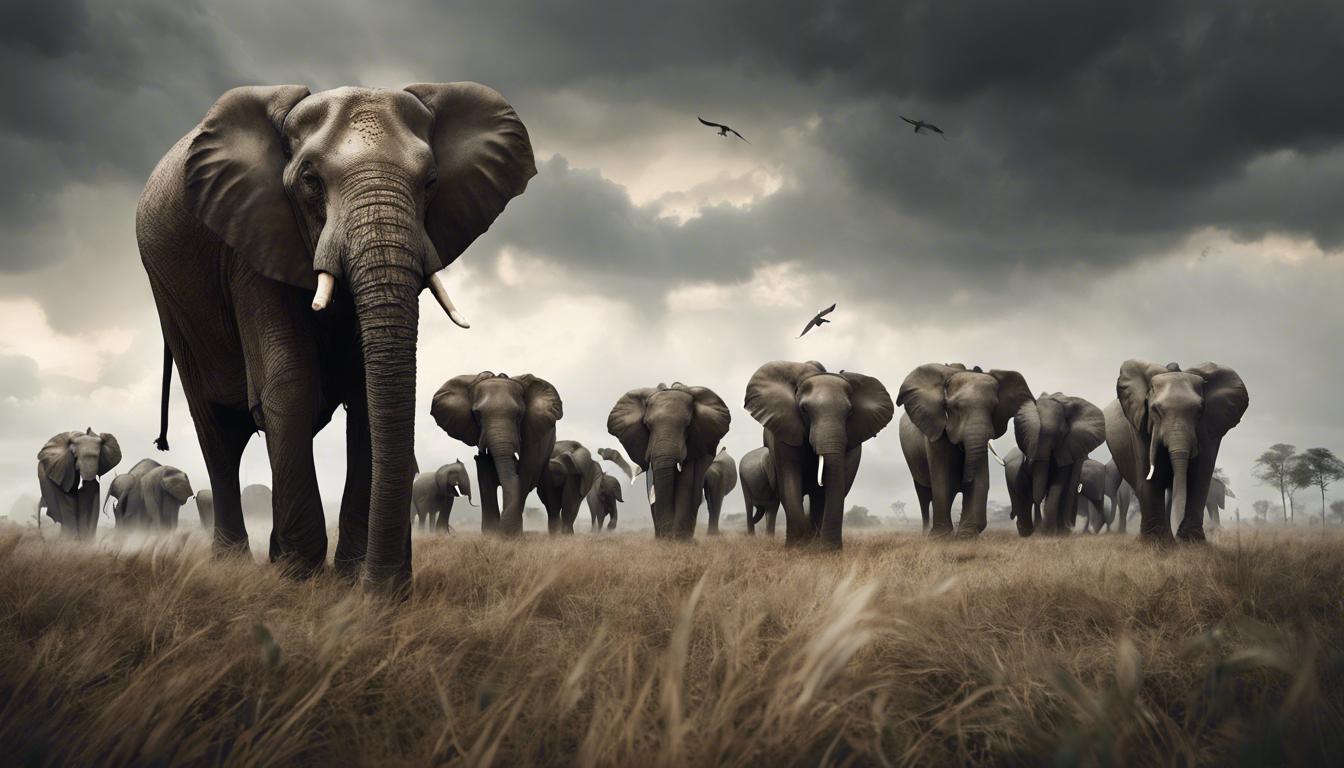In a striking escalation of wildlife conservation debates, Botswana’s President Mokgweetsi Masisi has proposed sending 20,000 elephants to Germany in retaliation against proposed stricter hunting trophy import regulations, spotlighting the clash between conservation efforts and economic realities.
Botswana has launched a provocative stance against Germany, threatening to dispatch 20,000 elephants to the European country in response to its proposed stricter regulations on the importation of hunting trophies. This bold assertion by Botswana’s President Mokgweetsi Masisi magnifies a brewing confrontation centered around wildlife conservation and trophy hunting practices. President Masisi’s warnings stem from Germany’s environmental apprehensions concerning poaching and the importation of African elephant trophies, echoing concerns outlined by the Humane Society International.
President Masisi articulated the potential dire consequences that further restrictions on hunting could pose for Botswana, highlighting the country’s struggle with an increasing elephant population leading to intensified human-wildlife conflicts. Botswana, home to approximately 130,000 elephants, shelters a significant fraction of the global elephant populace and previously repealed a five-year ban on trophy hunting in 2019 to accommodate local demands.
The dispute illuminates the intricate dynamics between local economic dependencies on the hunting industry, conservation efforts, and international policies on wildlife management. President Masisi critiqued the German government’s stance, underscoring the ease of forming opinions from afar and offered the elephants as a token to Germany, emphasizing the import of letting the animals roam freely. However, the German environment ministry acknowledged that no official communication has been received regarding the matter, although there’s an openness to dialogue.
This confrontation follows a similar threat made by Botswana to the UK, involving the potential relocation of elephants to Hyde Park in London as a counteraction to a UK ban on trophy importing. Botswana defends trophy hunting as a significant revenue source for locals and conservation initiatives, amidst criticisms from animal rights groups like PETA, which argue that the benefits disproportionately favor hunting operators rather than local communities.
The ongoing dispute underscores the complex challenges of wildlife conservation, economic reliance on trophy hunting, and the international dialogue surrounding ethical and sustainable wildlife management practices, highlighting the ordeal of balancing human-wildlife coexistence with conservation and economic interests.













